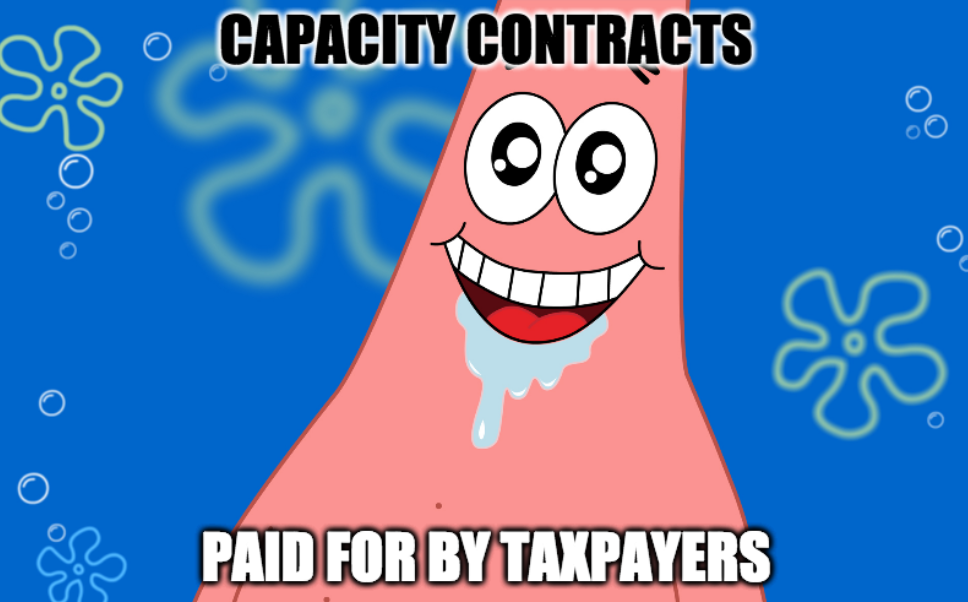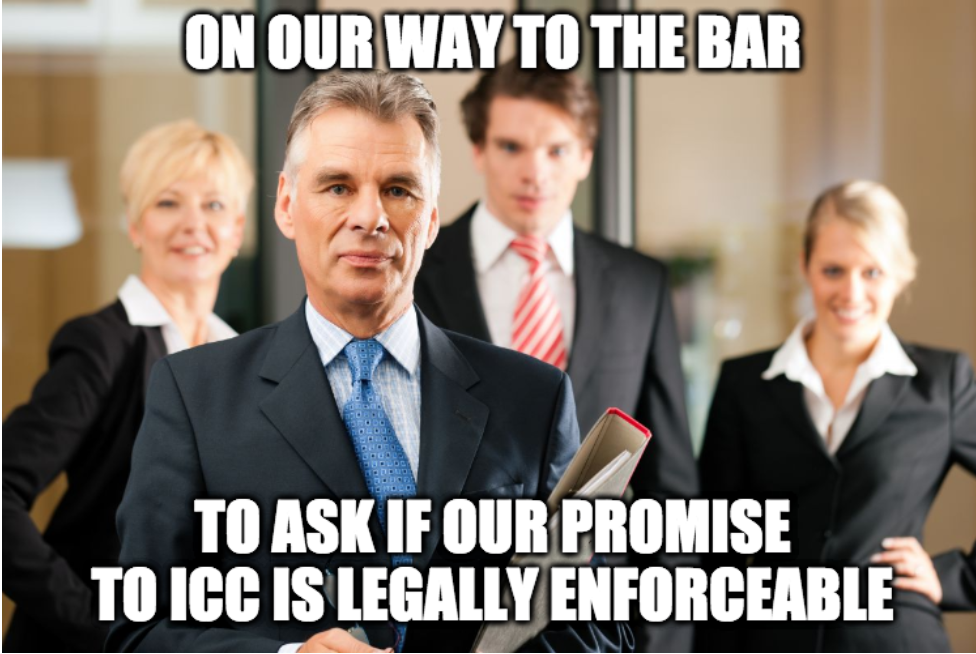Here's the thing... federal authority to site and permit transmission is only going to delay things further by giving opponents a whole new toolbox of federal regulations and appeal opportunities. I challenge these idiots to find JUST ONE electric transmission project that was expedited when the federal government got involved. They can't do it.
Do we really "need" new transmission? The premise seems to be:
President Joe Biden needs to run transmission lines through deserts and over mountains to meet America’s climate goals.
How far are we going to go down the road of building a bunch of generation and transmission that can't serve our needs before someone finally admits it's nothing but a giant scam designed to fill elite pockets with taxpayer and ratepayer dollars. When are we going to listen to the real experts who are running the power grid? I'm talking about those guys in the control room, not the stuffed suits whose bonuses are tied to profits. We need to stop listening to self-designated "experts" from environmental groups, woke universities, and elites like "farmer" Bill Gates (who apparently also doubles as a power engineer... who knew?)
This stuff needs to stop before we're all sitting in the dark. But here's the thing... the reasons that new electric transmission keeps getting delayed is, first and foremost, opposition from affected communities. There's nothing federal permitting can do about that. Social spending and green new deal legislation masquerading as "inflation reduction" purports that paying bribes to affected communities in exchange for quiet acceptance of impacts from transmission that doesn't serve them is a solution. No, it's not. Paying a town to accept a burden on the private property of a handful of its residents doesn't change anything. In fact, it just ratchets up suspicion and mobilizes the entire community against the project. Just because bribes are offered doesn't mean local elected officials would accept them. Key word: elected. So, instead of paying people to accept impacts, how about not creating impacts in the first place? New transmission ideas by smart companies are proposed to be buried on existing linear rights of way, such as highways or rail lines, and these projects are sailing through approvals without delaying opposition. Why not legislation to inspire buried projects that don't create impacts? That would be a whole lot faster!
The National Association of Regulatory Utility Commissioners, a professional organization of state utility regulators, recently sent a letter to slippery Joe and his Congressional pals that hits a bullseye on the reasons why electric transmission projects take so long to build. Who knows better than the officials who oversee the permitting process? I also agree with it completely. After more than 15 years working with various transmission opposition groups, this has been my experience as well. Here's a quote from the letter:
NARUC contends that the major impediments to siting energy infrastructure, in general, and electric transmission, in particular, are (in no particular order): 1) the great difficulty in getting public acceptance for needed facilities, which in turn drives state and federal political opposition; 2) federal permitting issues, especially in regions where large tracts of land are federally owned; 3) potential customers for the project being considered do not need or want the additional electricity, thereby making the project uneconomical; and finally, 4) cost and cost allocation issues, which may make alternatives to building transmission more economical and/or more environmentally sound. With regard to federal permitting issues, these will only be exacerbated should FERC become more involved in siting, as is contemplated in the discussion draft, because opponents will now be able to use the National Environmental Policy Act (NEPA) to slow or derail a project, as has been done quite successfully in FERC jurisdictional pipeline proceedings. This suggests that regardless of where siting authority falls –with state government, the federal government, or both –siting energy infrastructure will not be easy and there will be “no quick fix.”
The power-drunk environmentalists are slowly killing their Precious. Their thirst for power over others is encouraging them to select the most unworkable option. The transmission cheerleaders are completely and utterly clueless about what causes and motivates transmission opposition, therefore they continue to choose the wrong fix. Is this really about climate change? Or is it just about elitism, greed, and political power?
All the wokester morons can stop their alarmist rhetoric, it's not working on the smart people:
“We need to get a better balance because we just can’t take 10 or 16 years to build a really good transmission project. It is not tolerable,” said Ken Wilson, an engineering fellow at Western Resource Advocates, an environmental group. “If that continues to be the norm, we’re not going to have an environment to worry about. It’s going to be burned up and dried up, and the stuff we wanted to protect won’t be there anymore.”
We can only completely give up fossil fuels when we have a new kind of base load to replace them. Wind and solar are not it, even at utility scale and connected with trillions of dollars worth of new high voltage transmission.




 RSS Feed
RSS Feed